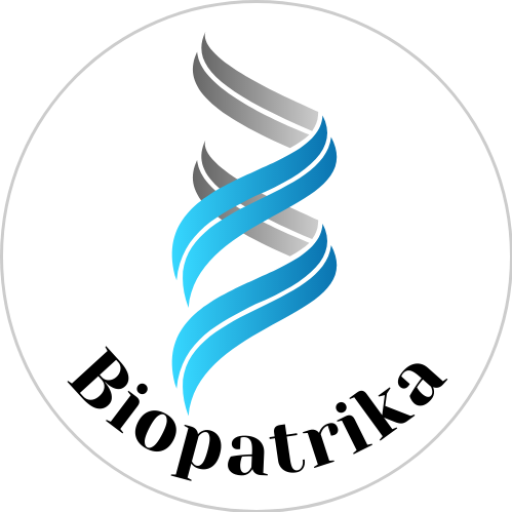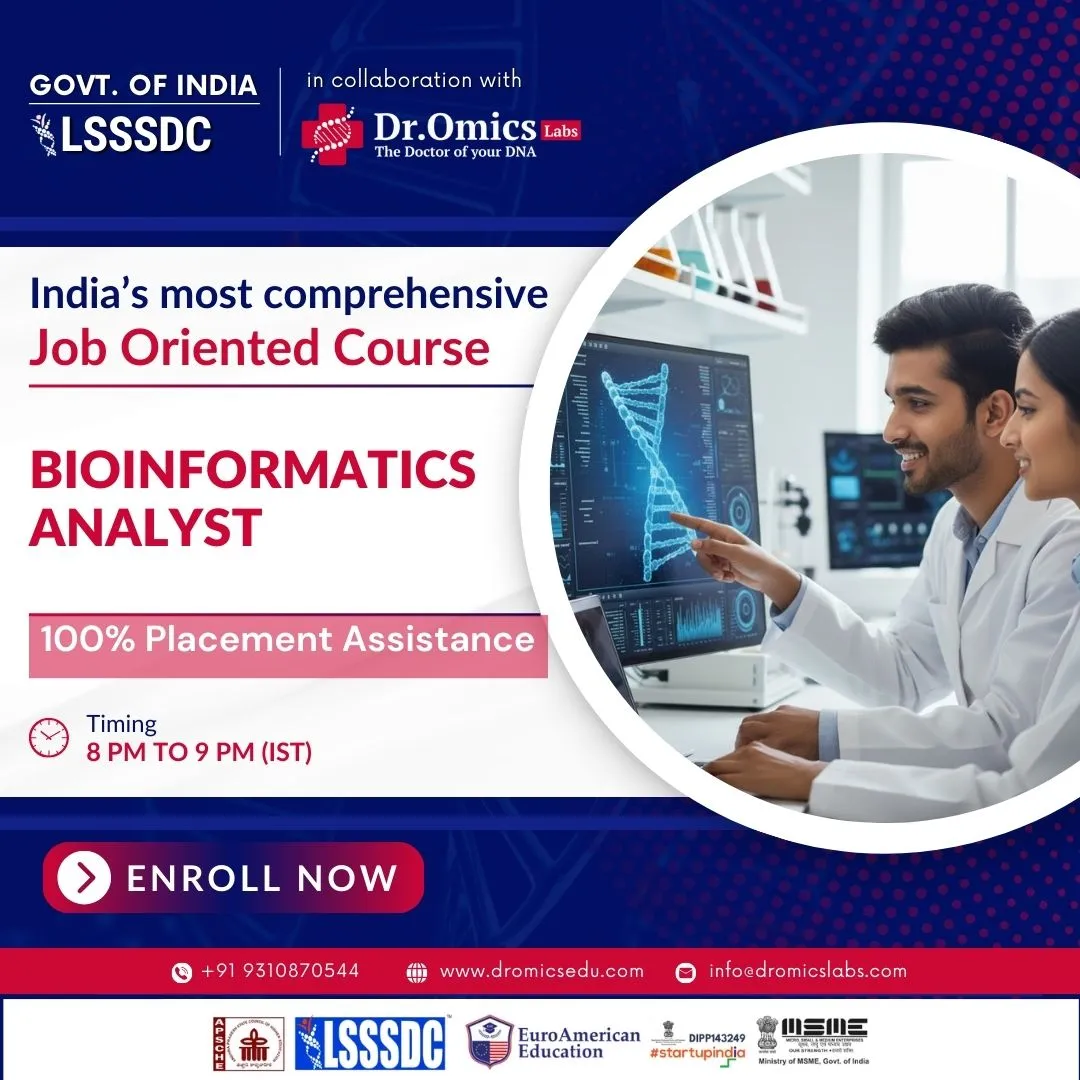Research Summary: We analyzed blood from lung cancer patients for microbial DNA using two genetic tests. One test detected more microbes, but our specialized tool, IPD 2.0, showed many were likely false signals due to technical errors and contamination.
Author interview

First authors: Vichitra Behel and Supriya Hait
Vichitra has a masters’ degree in Biotechnology. Her research at Tata Memorial Hospital, under Dr. Kumar Prabhash’s mentorship, is focussed on evaluating the clinical utility of plasma cell-free DNA for disease monitoring in lung cancer, with emphasis on identifying actionable mutations. Linkedin | Instagram
Supriya has a Master’s degree in Microbiology. Her research at ACTREC under Prof. Amit Dutt focuses on understanding resistance to tyrosine kinase inhibitors in lung adenocarcinoma using integrated genomics and functional genomics approaches. She has worked on liquid biopsy–based analysis, with an emphasis on how real-time mutation tracking could guide timely treatment adjustments in clinical settings.

Linkedin | Twitter | Instagram
Lab
- Dr. Kumar Prabhash, MD,DM,ECMO,PDCR, Prof, Medical Oncology University: Tata Memorial Hospital and Homi Bhabha National Institute, Mumbai.
- Prof. Amit Dutt, Professor & Tata Innovation Fellow, Department of Genetics, University of Delhi South Campus, New Delhi. Twitter
What was the core problem you aimed to solve with this research?
We aimed to determine if microbial DNA fragments in blood, detected by common genetic tests, could reliably indicate lung cancer or pinpoint the origin of hidden tumors. This is especially critical for patients with cancers of unknown primary, where identifying the tumor’s source is challenging but vital for effective treatment.

How did you go about solving this problem?
We collected 261 blood samples from 50 lung cancer patients and used two DNA sequencing tests: a deep “cancer-gene panel” (600 genes, 10,000× coverage) and a broader whole-exome sequencing (WES, 340× coverage) along with our industrial collaborators: 1Cell.AI and 4base Care Pvt Ltd. These tests capture both human and microbial DNA in the bloodstream. We compared two analysis tools:
- Kraken 2, a fast, widely used program for microbial DNA identification.
- IPD 2.0, our in-house tool with stricter filtering to reduce errors.
We asked:
- Are the microbes detected consistent across tests and tools?
- Do they match microbes linked to lung tumors?
- Are extra microbes in the broader WES test real or false positives?
By mapping microbial patterns and clustering results, we assessed whether blood samples could reveal a tumor’s origin and evaluated the limitations of current methods for non-invasive cancer diagnostics.
Prof. Amit Dutt and Dr. Kumar Prabhash: “Our student’s innovative tool uncovered technical challenges, emphasizing the need for rigorous methods in blood-based microbial cancer diagnostics.”
How would you explain your research outcomes (key findings) to the non-scientific community?
About 20% of cancers worldwide are linked to infections, like stomach cancer from Helicobacter pylori or cervical cancer from HPV. Blood contains tiny DNA fragments from cells, tumors, and microbes, acting like a snapshot of the body’s state. We tested if high-tech DNA tests, used to find cancer mutations, could also spot microbial DNA to reveal where a tumor started, especially in cases where the primary tumor is unknown.
Using blood from lung cancer patients, we ran two DNA tests and found microbial DNA. However, many signals were false, caused by test limitations and software errors, like Kraken 2 overestimating microbes due to database issues. Our stricter tool, IPD 2.0, showed fewer microbes, suggesting better accuracy. We also found that microbial DNA in blood sometimes matched lung tumor microbes, hinting at future potential. Current methods aren’t reliable enough for doctors, but our study shows why earlier findings were overly optimistic and what needs improvement.
What are the potential implications of your findings for the field and society?
Our findings reveal that current DNA tests, designed for human genes, struggle to accurately detect microbial DNA in blood due to low levels and software errors. Kraken 2 often exaggerates microbial presence, while IPD 2.0’s stricter approach reduces false positives. This suggests that using blood microbes for cancer diagnosis is promising but not yet ready for clinical use. Our work highlights the need for better tools and rigorous quality controls to avoid misleading results. Future improvements could lead to non-invasive tests for identifying tumor origins, especially for the 2–5% of cancers with unknown primaries, improving diagnosis and treatment.
What was the exciting moment during your research?
A breakthrough came when our in-house tool, IPD 2.0, developed by Prof. Dutt’s former student Sanket Desai, reduced false signals, giving a clearer view of blood microbes. Another exciting moment was when microbial DNA in blood closely matched that in lung tumors, suggesting blood tests could one day identify tumor origins. These findings, supported by clustering analyses, showed plasma WES results resembled tumor WES profiles, a step toward non-invasive diagnostics.
Paper reference: Behel, V., Hait, S., Noronha, V. et al. Assessment of plasma derived microbiome profiles in lung cancer using targeted and whole exome sequencing. npj Syst Biol Appl 11, 62 (2025). https://doi.org/10.1038/s41540-025-00536-8
Explore more
🎤 Career – Real career stories and job profiles of life science professionals. Discover current opportunities for students and researchers.
💼 Jobs – The latest job openings and internship alerts across academia and industry.
📢 Advertise with BioPatrika – Reach the Right Audience, Fast!




